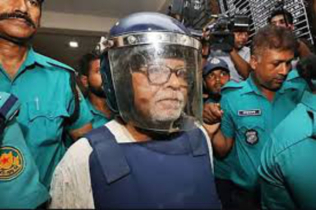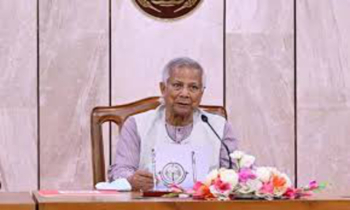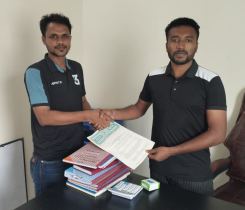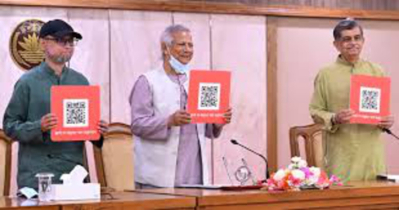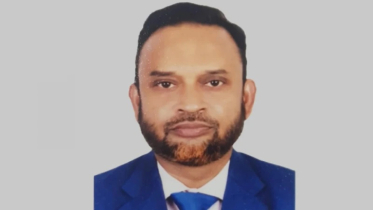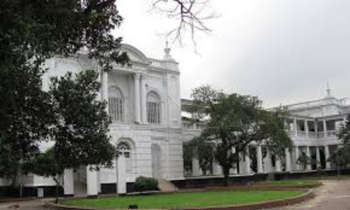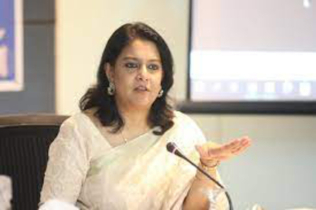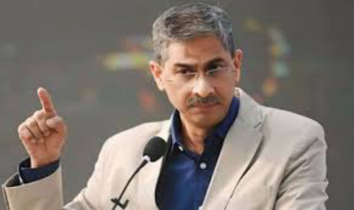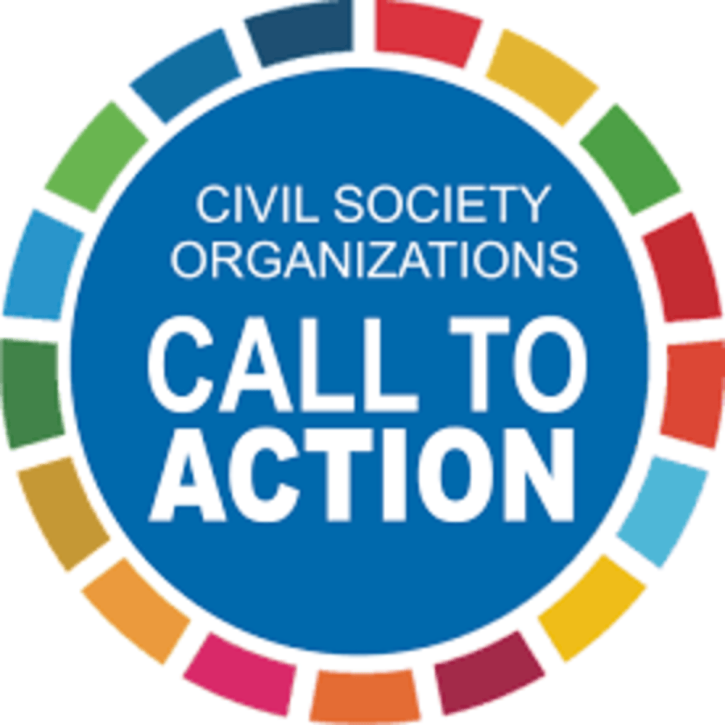
We, members of civil society in Bangladesh, express our deep concern and alarm at the recent escalation of hostilities between India and Pakistan, following the tragic terrorist attack in Pahalgam, Kashmir. We mourn the loss of innocent lives and stand in solidarity with all victims of violence—wherever they may be, whichever border they belong to.
We welcome the announcement of a ceasefire between India and Pakistan—an urgently needed step that can be the beginning of de-escalation and stability in the region. However, reports of renewed shelling and power blackouts along the border remind us that ceasefires on paper mean little unless followed by genuine political will, open dialogue, and a commitment to peace from both sides.
As two nuclear-armed states with a shared and turbulent history, India and Pakistan carry a heavy responsibility—not just to their own citizens but to the entire South Asian region, which remains one of the most densely populated and economically vulnerable parts of the world. Any renewed conflict would be catastrophic, destabilizing the region and threatening global peace.
We categorically condemn all forms of terrorism and the deliberate targeting of civilians, and we support a full, impartial, and international investigation into the Pahalgam attack. Justice must prevail—but it must not come at the cost of more bloodshed.
We call on the governments of India and Pakistan to ensure that the ceasefire is not just a pause in violence but the start of a sustained diplomatic process. Preventing violations now is not just a military task—it is a political, moral, and regional imperative. Both nations must engage in direct and transparent communication, or through trusted intermediaries, to reinforce the ceasefire and address the deeper issues that fuel these recurring crises.
We reject the dangerous rhetoric and communal hate speech being amplified through mainstream and social media, which heightens public tensions and puts religious minorities at risk. The politics of hate, vengeance, and fear must give way to a politics of dialogue, justice, and coexistence.
Bangladesh knows the human cost of conflict—and the transformative power of peace. We urge the international community to act with urgency and unity in preventing any breach of the ceasefire. We also ask the Government of Bangladesh, alongside other SAARC nations, to work together diplomatically to apply moral and political pressure on India and Pakistan to stay the course of peace.
This is a fragile moment. A wrong move, a single miscalculation, or another provocation could plunge the region back into a crisis. That risk must not be taken lightly.
We call on civil society, media, and citizens of conscience throughout South Asia to demand accountability, resist the drums of war, and raise their voices for peace and justice. Let us stand together for a future built not on violence and division, but on cooperation, compassion, and shared destiny.
In peace and solidarity,
Bangladeshi Civil Society for Regional Harmony
11 May 2025
Signed:
1) Barrister Sara Hossain, Honorary Executive Director, BLAST
2) Dr. Iftekharuzzaman, Executive Director, TIB
3) Tariq Karim, Ex. Ambassador
4) Dr. Hamida Hossain, Human Rights Activist
5) Ad. Taslima Islam, Chief Executive, BELA
6) Farroq Sobhan, Ex. Am
7) Rasheda K. Chowdhury, Executive Director, CAMPE
8) Dr. Fositina Pereira, Advocate, Bangladesh Supreme Court
9) Shahidul Alam, Photographer and writer
10) Saydia Gulrukh Journalist
11) Rahnuma Ahmed Writer
12) Fawzia Khondker, Gender Specialist
13) Advocate Sultana Kamal, Human Rights Activist
14) Anu Muhammad, Professor, Jahangirnagor University
15) Maheen Sultan, BRAC University
16) Dr. Perween Hasan, Vice-chancellor, Central Women's University
17) Shamsul Huda, Executive Director, ALRD
18) Shah I Mobin Jinnah, Dire
19) Shaheen Anam, Executive Director, Manusher Jonno Foundation
20) Sushmita Preetha, Journalist
21) Khushi Kabir, Coordinator, Nijera Kori
22) Dr. Samina Luthfa, Professor, Dhaka University
23) Sayeed Ahmed, Human Rights Activist
24) Dr. Khairul Chowdhury, Professor, Dhaka University
25) Dr. Sumaiya Khair, Professor, Dhaka University
26) Dr. Zobaida Nasreen, Professor, Dhaka Univeristy
27) Oliur Sun
28) Ismile Saadi, Asst. Professor, BRAC University
29) Tasaffy Hossain, Activist
30) Samina Yasmin, Academic
31) Sumon Sajjad, Jahangirnagor University
32) Syeda Nur-E-Royhan, Translator
33) Ishrat Jahan Prachy,
34) Tabassum Mehenaz
35) Hasan Toufiq Imam, Assistant Professor, Chittagong University
36) Amina Sultana Sonia
37) Sheikh Nahid Neazy
38) Tasneem Siraj Mahboob, Associate Professor, Dhaka University
39) Maria Bhuiyan
40) Dipti Datta, Writer
41) Kajalie Shehreen Islam, Associate Professor, Dhaka University
42) Ovinu Kibria Islam
43) Sowmit Joydip
44) Maidul Islam
45) Rozyna Begum
46) Abdullah Harun Chowdhury
47) Syed Nizar
48) Sharmi Barua
49) Fahmidul Huq
50) Dr. Gitiara Nasreen, Professor, Dhaka University
51) Dr.Rushad Faridi, Asst. Professor, Dhaka University
52) Raiyan Rajee
53) Arafat Rahaman
54) Tahmina Khanam
55) Kamal Chowdhury
56) Haniyum Maria Khan
57) Kamrul Hasan Mamun
58) Layeqa Bashir
59) Shehreen Ataur Khan
60) Asif Mohammad Shahan
61) Shaveena Anam
62) Meem Arafat Manab
63) Muktasree Chakma , Core Member, Sangat
TH

.png)
